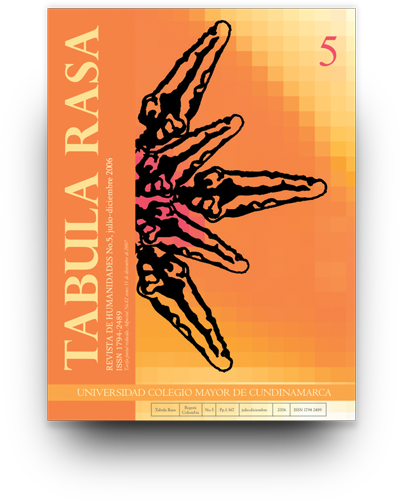Review. Grammar of the crowd. For an analysis of contemporary ways of life
Reseña. Gramática de la multitud. Para una análisis de las formas de vida contemporáneas
Show authors biography
The book Grammar of the crowd is the transcription of a seminar carried out by Dr. Paolo Virno, in January 2001, in the Department of Sociology of the University of Caladria, within the framework of the Doctorate in Science, Technology and Society research. It is a text dedicated to the concept of multitude, understood in opposition to that of the people. In this regard, the author says that «as it happens with all the concepts of political philosophy, also that of» multitude «remains undetermined as long as the opposite pole is not indicated. I consider that «crowd» , far from being a colorful synonym of «masses", is the opposite of «people» . If there is a multitude, there is no people; If there is a people, there is no crowd. This is, for better or for worse, my contribution ». Multitude means «many» , plurality, a set of singularities that act in concert in the public sphere without entrusting themselves to that "monopoly of political decision" that is the State - unlike the "people" that converge on the State. The «many" are, today, post-Fordist workers. Therefore, those who, when working, resort to all the generically human faculties, and in the first place, to the faculty of language. These powers are common and shared. It would be a mistake, therefore, to believe that the crowd is a whirlwind of particular shards. It's about something else. While universality is a promise to the people, this is an end, universality is a premise for the multitude, this is the immediate starting point. Paolo Virno presents how the many must be thought of as the individuation of the universal, of the generic, of the shared common.
Article visits 62 | PDF visits 35




